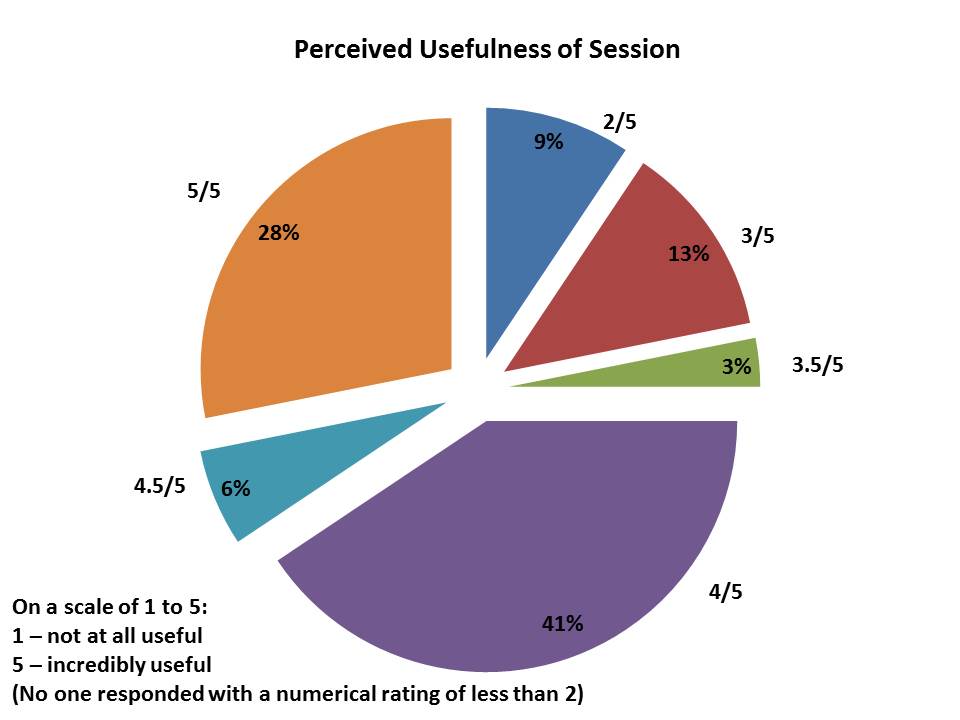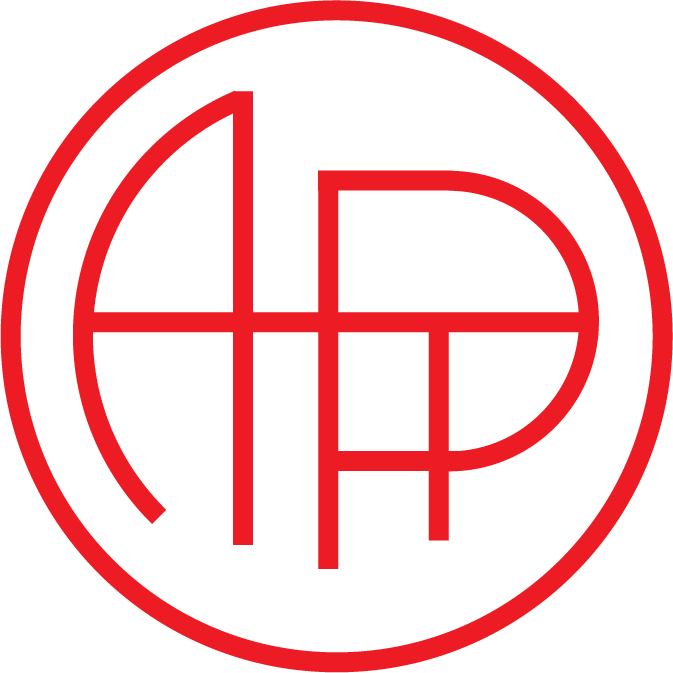Improv for Scientists
March 06, 2018 Filed in:
ArticlesJoanne M. O'Meara
Professor, Associate Chair (Undergraduate)
Department of Physics, University of Guelph, Guelph, ON
omeara@uoguelph.ca
In order to give our physics majors more opportunities to develop their communication skills during their undergraduate degree, we now require them to take a one-semester Science Communications course that focuses on sharing their passion for physics with diverse audiences. This course is structured very differently from the rest of their core courses, with weekly discussion sessions in which students are expected to share their thoughts and opinions on assigned readings or viewings. Students also do at least three presentations during the term and participate in regular in-class group activities such as brainstorming a script/storyboard for a video on the Physics of the Winter Olympics.
This is a novel experience for them, well outside the norms of the undergraduate physics culture, and it is not an opportunity that is universally embraced at the beginning of the semester. Even further outside their comfort zone is our afternoon of improv, which takes place right at the beginning of the semester. As I explain to my students, Improv for Scientists workshops are springing up across North America, with the Alan Alda Center for Communicating Science at Stony Brook University leading the charge
1. With carefully designed exercises, these workshops help participants communicate science more clearly, more expressively, and with more spontaneity. These activities encourage participants to pay closer attention to the audience and develop careful listening skills. Running these improv exercises at the beginning of the semester also seems to help my students in building a sense of camaraderie and community in the classroom, which helps in their comfort and confidence when participating in discussions or presenting to their fellow students.
We start with ‘low-risk’ exercises that require the entire class to participate together. These are the warm-up exercises, with games such as Word Association where we go around the circle of 40+ students and say the first word that comes to mind after the person beside us says their word. The only rule is that we can’t repeat a word that has already been said, so we need to pay attention to all the students who have gone before us. After several of these full-class exercises, we then break up into groups of two or three and run a series of activities simultaneously around the room. With lots of talking and laughing, the classroom is a chaotic scene. With each new small group exercise, students have to switch up their partners to work with as many different people in the room as possible. We end the session with some ‘higher-risk’ activities that require enthusiastic volunteers to join me in front of the rest of the class. One of the favourite exercises this year was the Infomercial, where the class generated a list of household items and a list of technical terms. The improv volunteers had to choose one word from each list and sell it as a product — this year’s resulting ad was for the one-of-a-kind Hydrodynamic Fork.
The anonymous feedback from students at the end of the session has been almost unanimously positive. The graph below is the quantitative assessment of their perception of the overall value of the class, with an average rating of 4.0 out of 5.0.

All the qualitative feedback was encouraging — anyone who made a comment made a positive one such as:
- It got everybody a lot more comfortable with each other
- Good session, helped me to think more critically of my presentation topic
- The purpose of each exercise was pretty clear and they were good lessons to learn about the science (art?) of communicating science
- This session offered good improv experience, while being fun and in a comfortable environment
So join me at the OAPT conference at Western in May and we’ll have some fun with improv in a comfortable environment — while simultaneously improving our science communication skills.
References
- https://www.nytimes.com/2015/03/03/science/attention-all-scientists-do-improv-with-alan-aldas-help.html
Tags: Pedagogy


